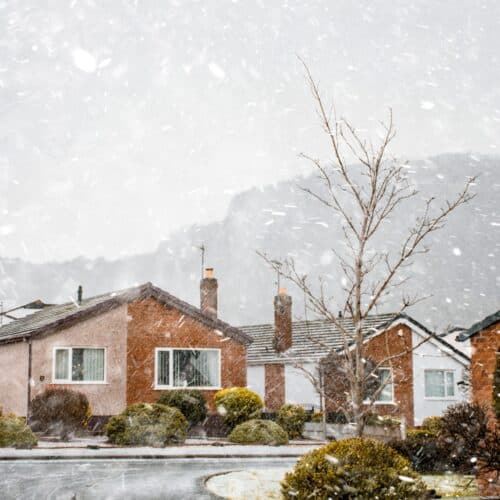
As our loved ones age, they may face frailty, memory loss or chronic diseases and lose their independence over time. Everyday tasks such as cooking, running errands or bathing can become increasingly difficult. Home care services can help an older adult maintain his or her safety and well-being, while simultaneously preserving his or her independence.
Here are some signs that your loved one may be ready for home care.
1. Increasing Forgetfulness. You might notice that dad is always searching for his car keys or mom has trouble remembering appointments. Though it is natural for older adults to become more forgetful, forgetfulness could also be an early warning sign of Alzheimer’s disease or another form of dementia.
2. Messy Home. You might notice that the garbage is not being taken out, dishes are left undone or laundry is piling up. A messy home may indicate that activities of daily living such as cooking and cleaning have become too difficult for your loved one to manage.
3. Poor Hygiene. You might notice that mom is no longer taking care of herself or dad hasn’t brushed his teeth in a few days. Poor hygiene could be the result of mild cognitive impairment or other conditions, including challenges with mobility or coordination.
4. Falls or Injuries. You might notice bruising and other discoloration even though your loved one won’t admit to falling. Frequent falls could be a sign that your loved one has diminished motor skills, has difficulty walking or balancing, or suffers from vertigo or nausea. A caregiver could provide mobility support and help monitor other symptoms to reduce fall risk.
5. Social Isolation. You might notice that your parents no longer make any trips out of the house, keep up with friends or go for walks around the neighborhood. Social isolation can have many causes, but it could be a sign that your parents are having difficulty managing their declining conditions and are afraid to ask for help.
6. Health Issues. If a loved one took a long time to recover from his or her most recent illness or currently has a progressive or chronic health condition, home care could help by monitoring conditions.
Of course, you’re the best judge of when your family member may need additional assistance. Trust your gut instinct and reach out for help as soon as you recognize the need.




